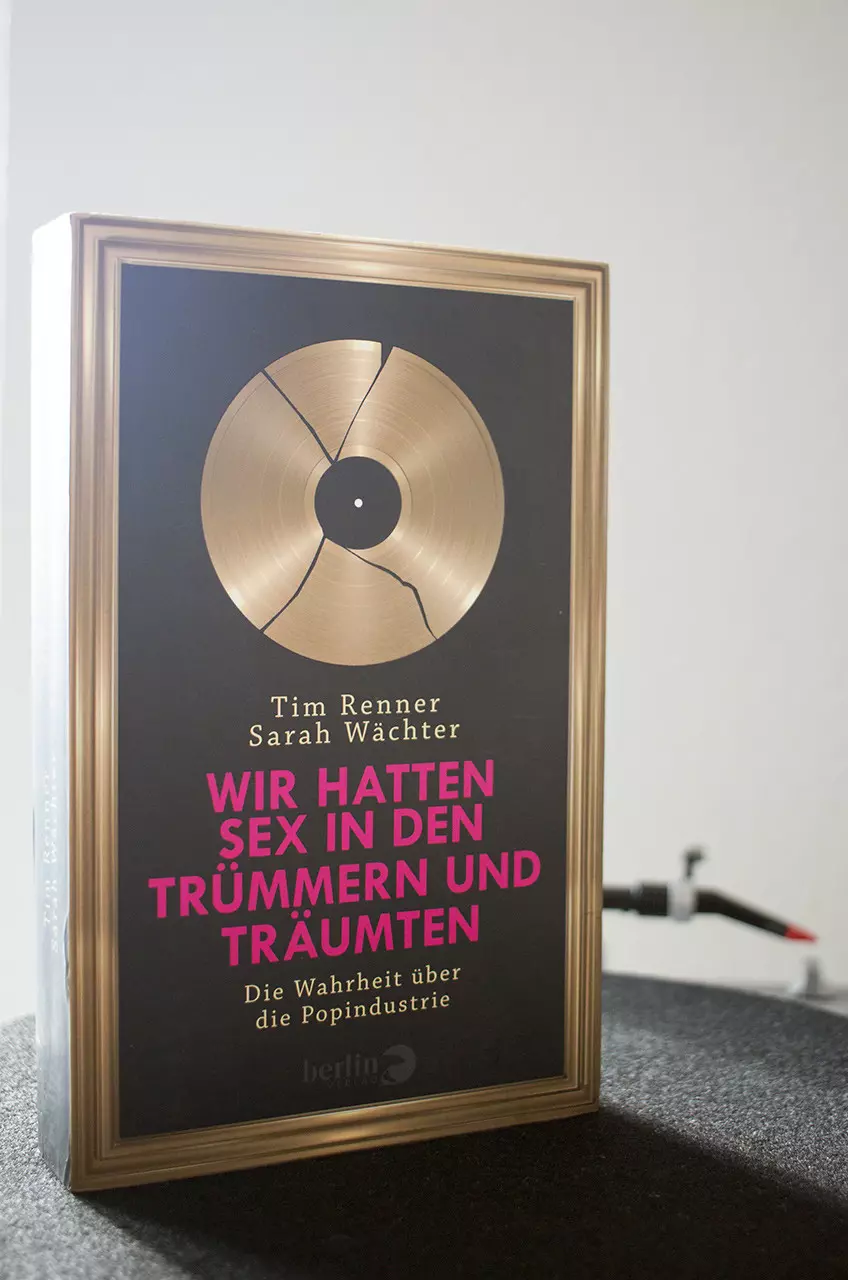The book’s title, which translates to “We had sex in the ruins and dreamed,” may not immediately convey its connection to the German music industry unless you are familiar with Tim Renner’s name or Trrrmmer from Die Sterne. Tim Renner, along with Sarah Wächter, provides an insightful analysis of this industry. Throughout the book, they share anecdotes about individual musicians and situations, offering a unique perspective. In its 336 pages, the book condenses excerpts spanning from the 1990s to the present day.
Tim Renner came to my attention at some point with some clever and controversial statements on copyright and I was impressed, among other things, because he made these statements as an employee of a music publisher. He who bites the hand that feeds you must have balls, or a clue! So I quickly concluded for myself.
Renner served as the State Secretary for Cultural Affairs in Berlin until the end of 2016. His tenure was not always met with approval, yet he continues to comment on the often absurd nature of the music industry, as demonstrated in “We had sex in the ruins and dreamed.”
One of the reasons for my enthusiasm about the book is its alignment with my own thoughts. The music industry is characterized by an outdated system that often exploits both artists (unless they are exceptionally established) and customers. Furthermore, it frequently overlooks key opportunities for effective product marketing.
In the previous sentence alone, with all the discussions about music, you can let the two words “product” and “marketing” melt on your tongue.
Dieter Gorny consistently emphasizes that artists are losing out, and their performances shouldn’t be made freely available, with the “free” aspect strictly referring to alleged copyright infringements. All the other “the internet is stupid because it’s only stolen” preachers follow this stoically and recently Spotify, for example, has been driven through the village as a pig because artists are exploited there. And this circumstance is not in doubt in this bubble!
Part-time radio presenter Jan Böhmermann once presented a calculation (I regret not being able to locate the interview) that illustrates the stark contrast in earnings for artists. He compared the modest sum an artist receives for broadcasting a song on a radio station, roughly 30 euros, to what the same artist would earn if a comparable audience (around 1.6 or 1.8 million listeners) streamed the same song—just over 3000 euros.
This example is just one of many, and it highlights a contentious issue faced by both the pro-internet advocates and figures like Gorny. The convergence of these perspectives likely represents a more accurate portrayal of reality, and a part of that intersection is explored in this book.
However, it’s not solely about marketing or the industry’s merits or flaws; it’s also about the captivating stories of artists’ journeys to their current status. Regardless of one’s stance, these stories provide moments of genuine amusement.
The book is available at the bookseller of your choice, but only in German.







Leave a Reply